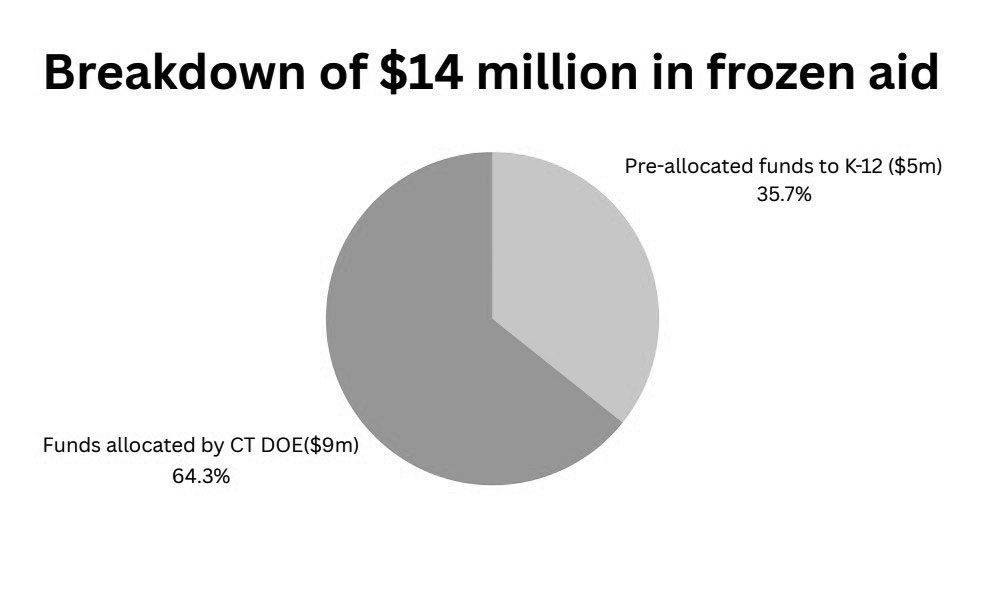Did you know that some countries, such as Estonia, and even parts of Canada allow their residents to vote online? When is America going to jump onboard with this revolutionary technology?
Not anytime soon, according to some experts. Computer science professionals at Johns Hopkins University believe that the risks of such a venture outweigh the benefits. Professor Avi Rubin has stated, “computers are not getting more secure,” and thus voting won’t be moved to the Internet in the foreseeable future. Those who agree with Rubin are likely to believe that results will almost certainly be called into question if online voting is allowed. It would be harder to verify that voting fraud isn’t taking place.
If an election, whether state, local, or even presidential, was held online and the elected person was put in office, and it was later found out that a significant amount of computers had been compromised, what would happen? The results would most likely be catastrophic and unfavorable.
Other experts are more optimistic. Cyber the Vote is a blog run by a former IBM professional named Rob Weber. Weber is of the opinion that if banking can be done online on a grand scale, so can voting. He says that Internet security concerns should be worked on instead of ignored, because the benefits of online voting outweigh the risks.
The most obvious benefit would be a larger voting population. More young people have been known to vote online in the countries where it’s allowed than ever voted in traditional elections. Weber’s viewpoint is that it would be the same in America, only on an even bigger scale.
Online voting may not come to America anytime soon, but it is a possibility for the future that shouldn’t be discounted entirely. If experts and the government work to make the Internet more secure, someday there may be another option besides the tradition of voting at the polls.



